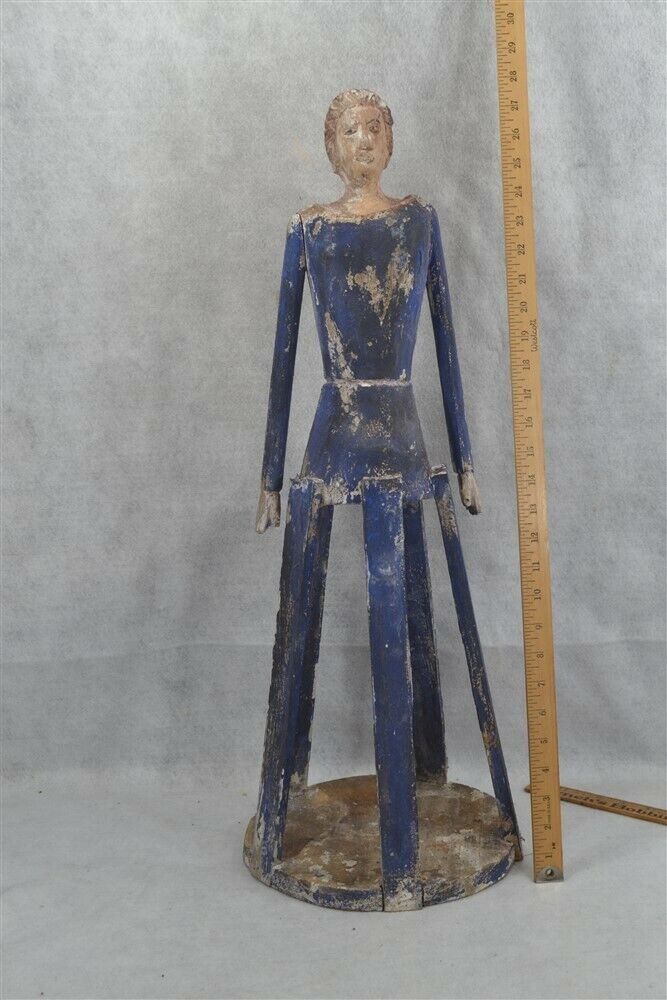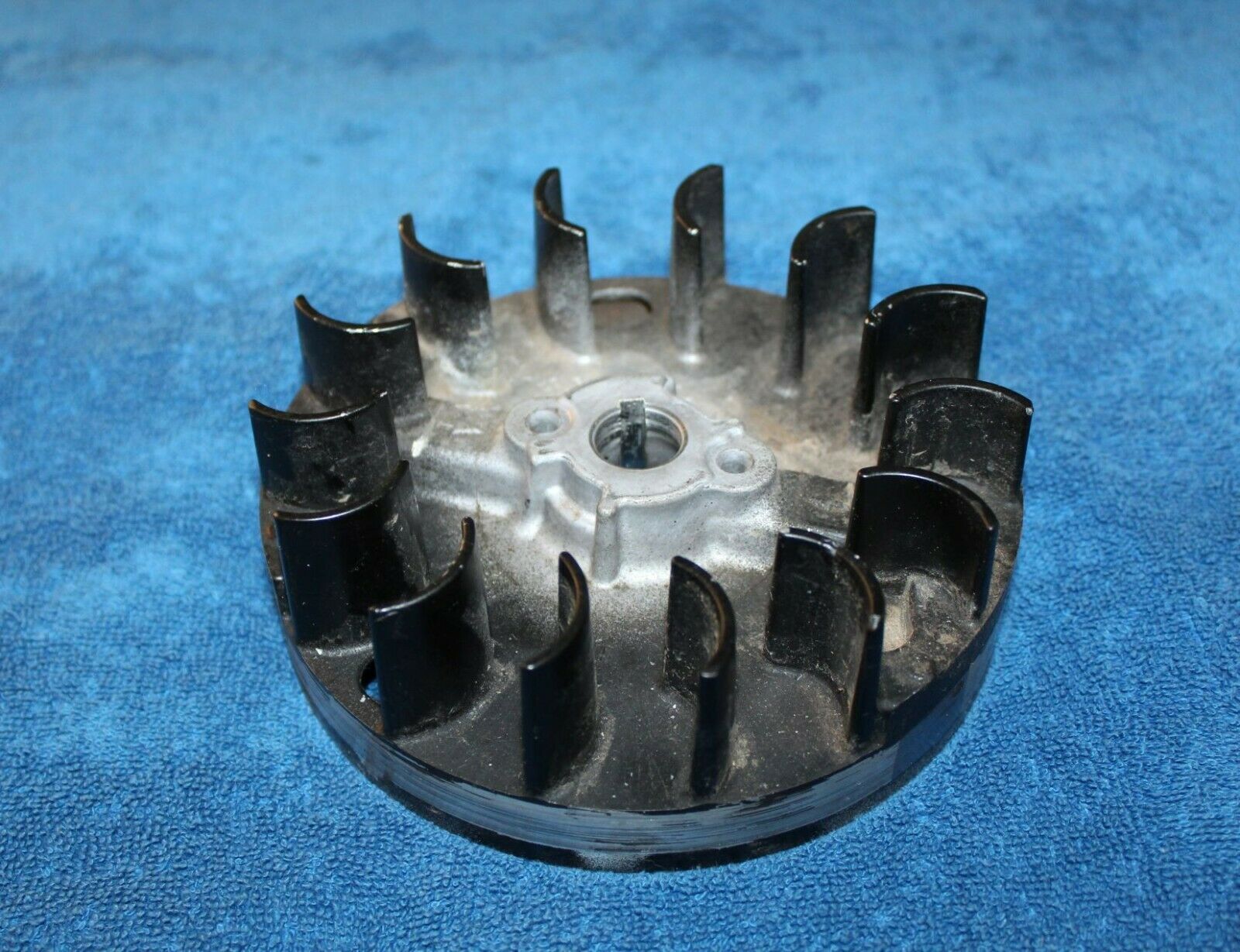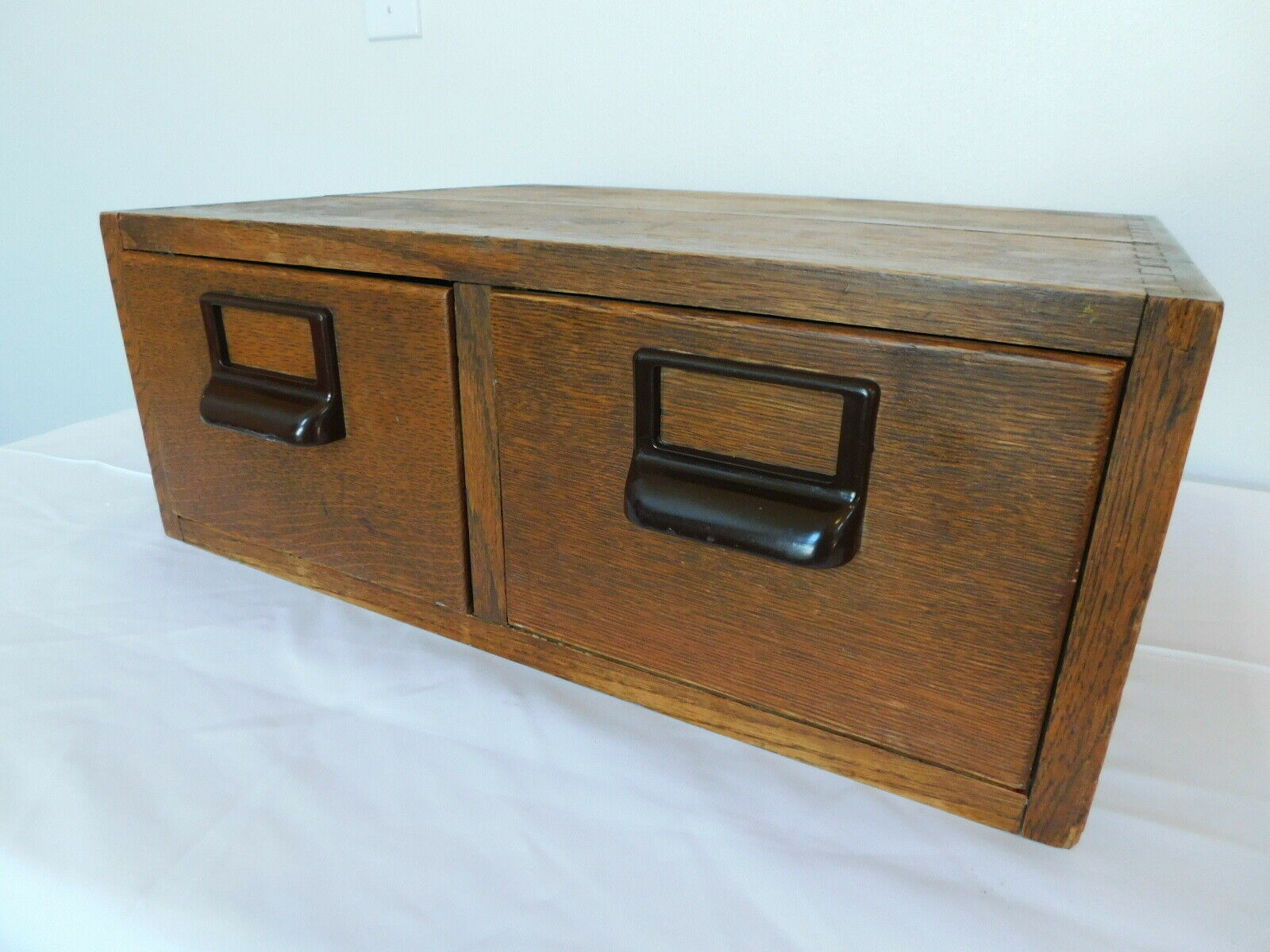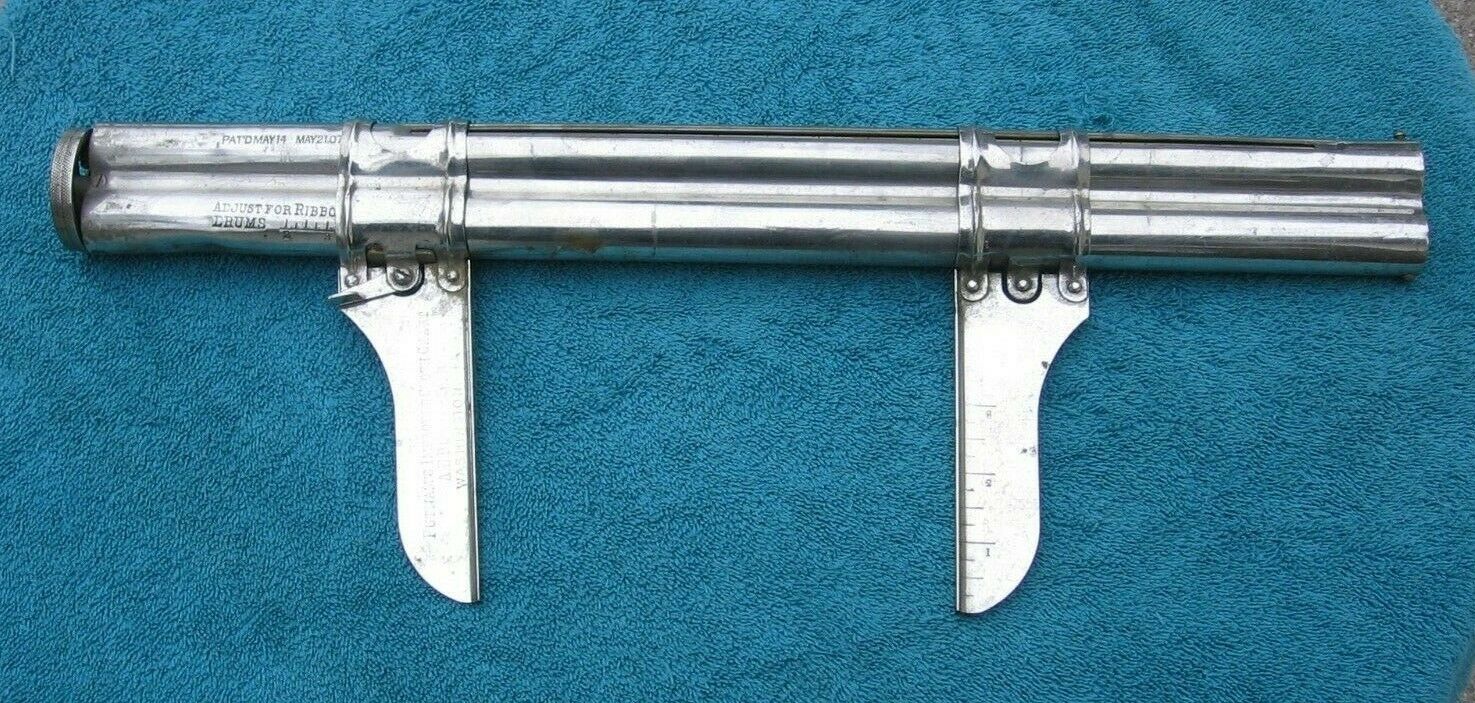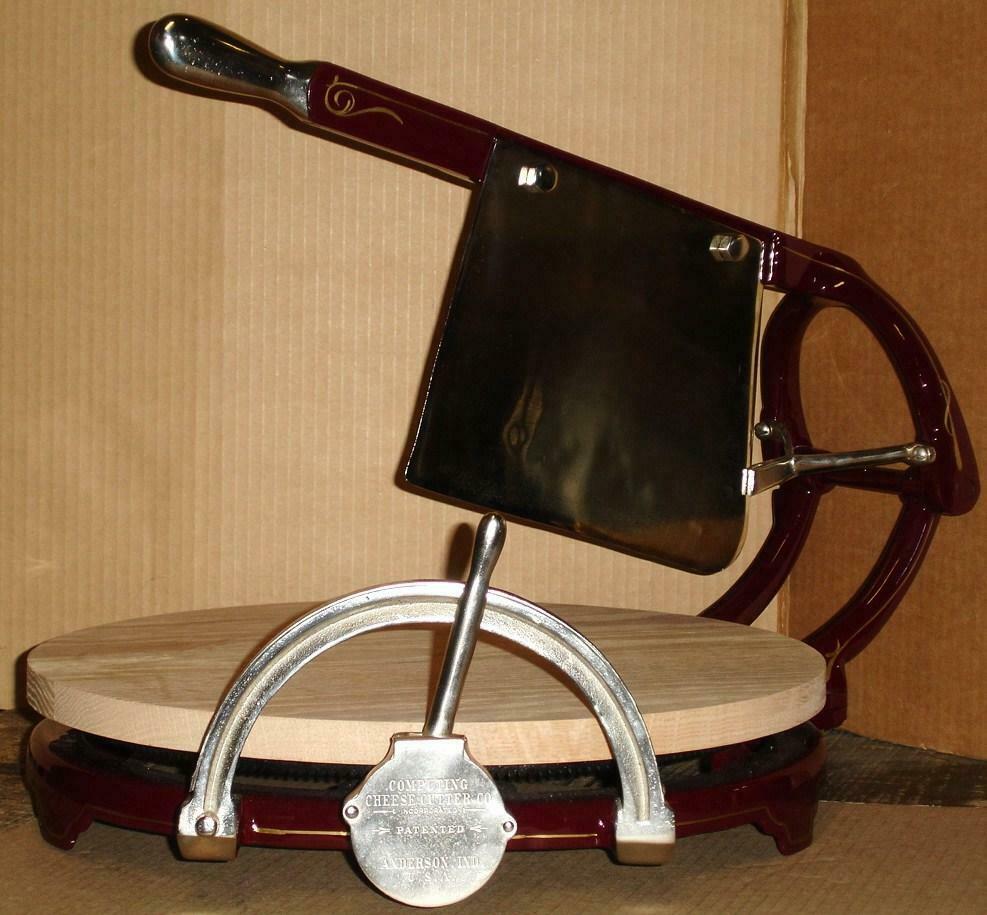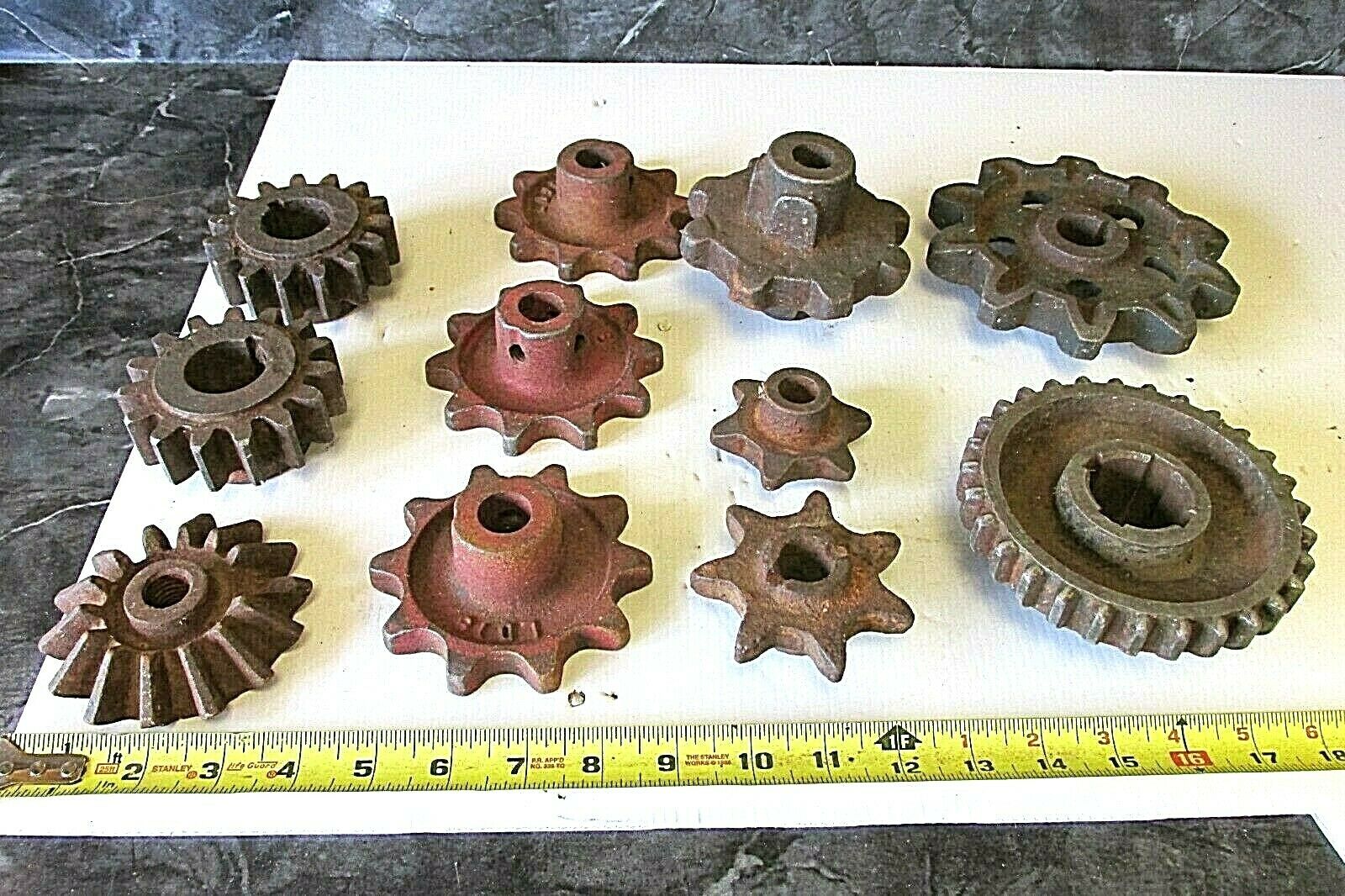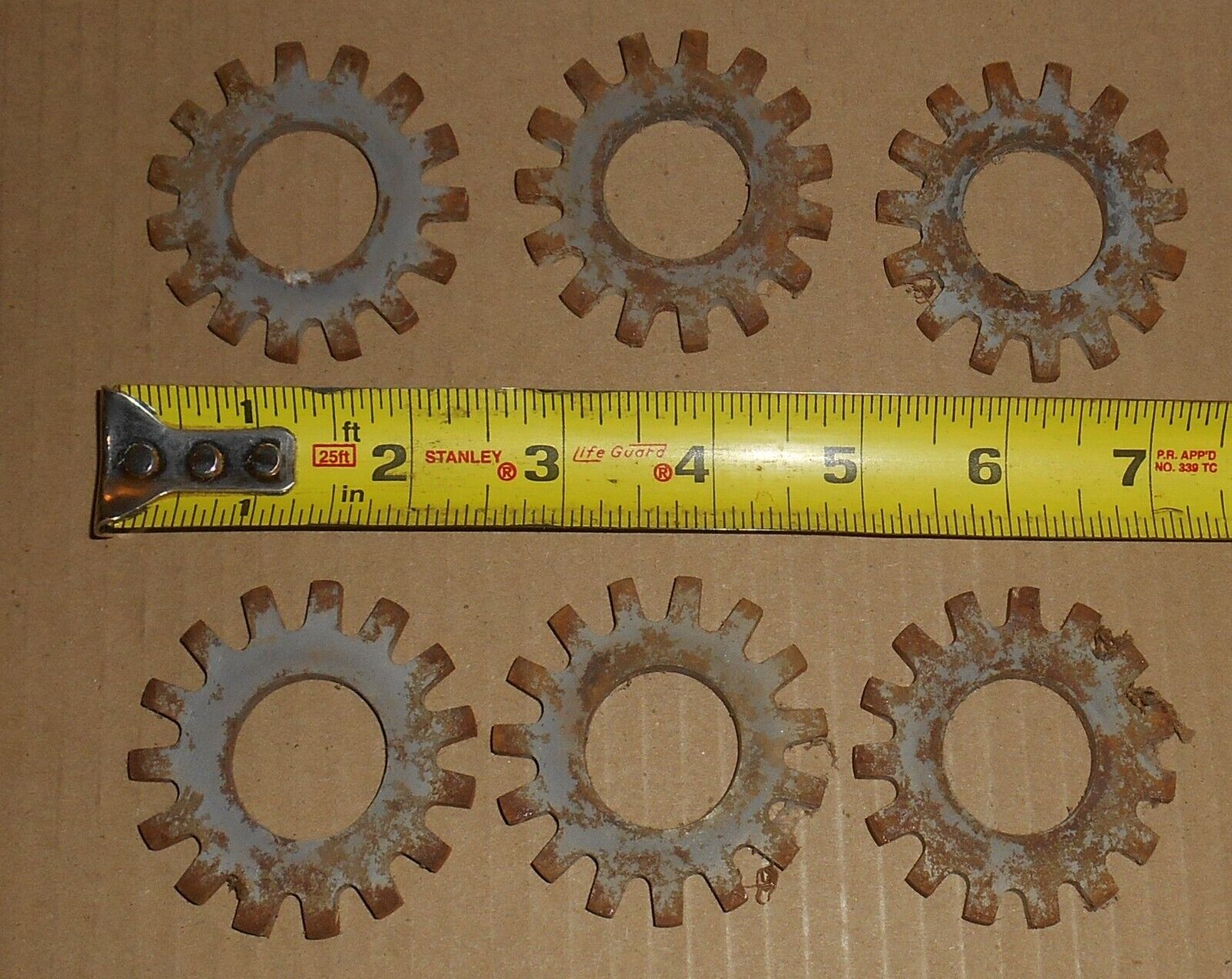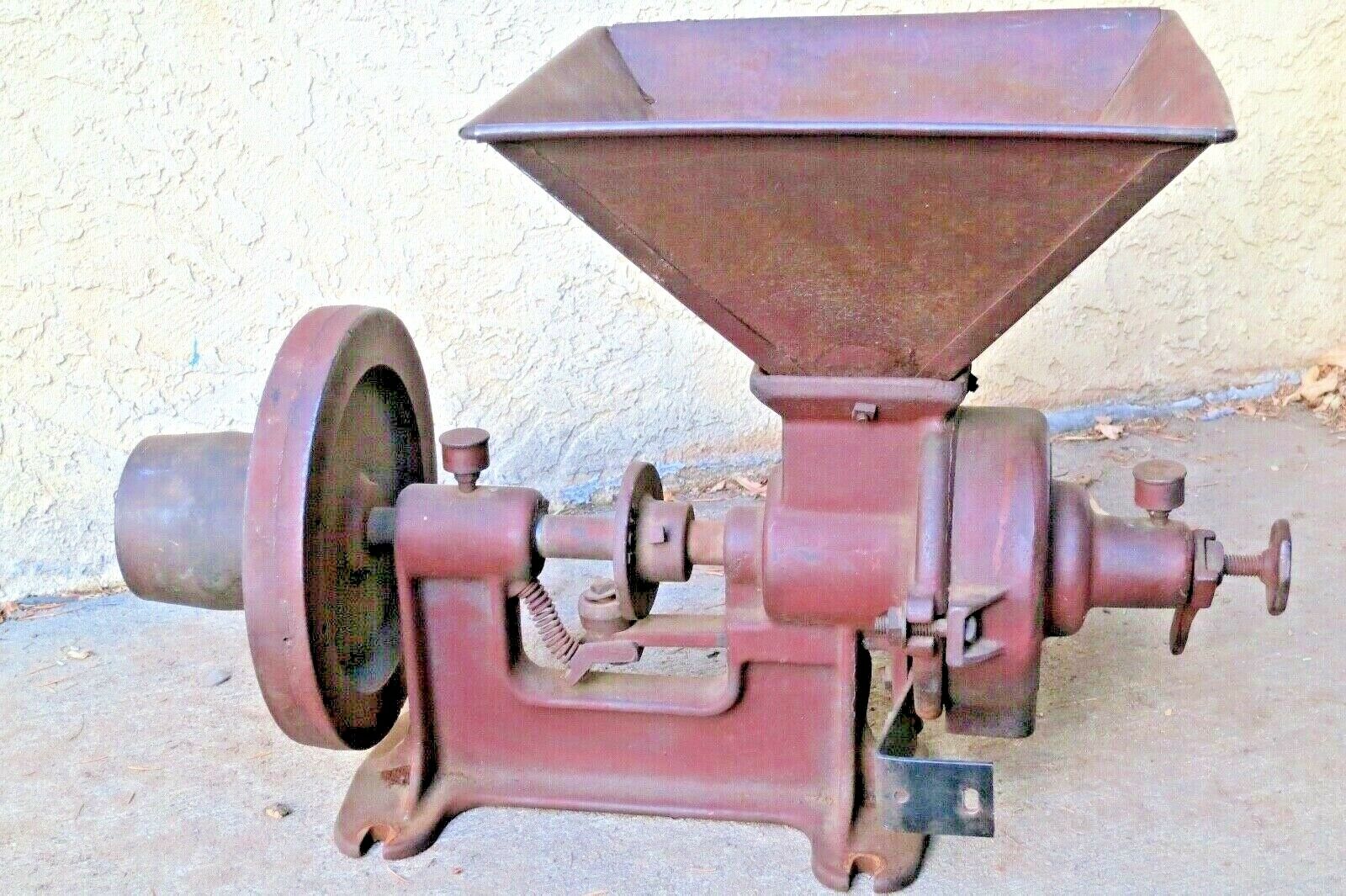-40%
3 Antique Brass Steampunk Gauges. Erie City Iron Works. Excellent Condition.
$ 419.76
- Description
- Size Guide
Description
3 Antique Brass Steampunk Gauges. Erie City Iron Works. Excellent Condition.1. 9 3/4'' 250 psi. Erie City Iron Works Gauge by The Ashcraft Mfg. Co. New York. Solid Brass Bezel with Heavy Cast Iron Base and Brass
Threaded Coupling. 11'' Including Coupling. Excellent Condition.
2. 7 5/8'' 200 psi. Gauge by Marshalltown Iowa Mfg. Co. Solid Brass Gauge. Excellent Condition.
3. 5 3/4'' 100 psi. Gauge by National Gauge Corp. New York. Solid Brass Bezel with Cast Iron Base and Brass Threaded
Coupling 7 3/4'' Including Coupling. Overall in Good Condition with a Couple of Dings to The Bezel but Nothing Too Bad.
I've added some information below on the Historic Erie City Iron Works Company.
Originally founded as the Presque Isle Foundry in 1840, the company originally produced plows, stove pots, and kettles. In 1844, the Presque Isle Foundry produced their first steam engine and boiler, indicative of an emerging boom in that sector of Erie manufacturing. By 1851, the name was changed to Erie City Iron Works as the company expanded its product line to include freight cars, circular saw mills, and cannon balls. In 1859, the Erie City Iron Works produced an engine and boiler that was used in drilling the world’s first successful oil well at Drake’s Well in Titusville, Pennsylvania. This historic contribution to the first commercially successful oil well in the world led Erie City Iron Works into playing an important role in the oil industry boom that occurred soon after. In 1866, George Selden and John H. Bliss became co-owners of the Iron Works, who enjoyed years of good fortune—owed in no small part to the oil boom.
Erie City Iron Works continued to make steam engines, boilers, and succeeded in securing a contract for the first standpipe for the Erie City Water Works. Selden, who became president of the company in 1898, was instrumental in the continuing success of the Erie City Iron Works by making sales trips around the world and drafting plans for the company to produce its first hydraulic riveter. After World War I, the company began to make boilers alone, and also began using coal- pulverizing technology. Through the early 1940s, Erie City Iron Works supplied boilers for the American war effort in World War II.












